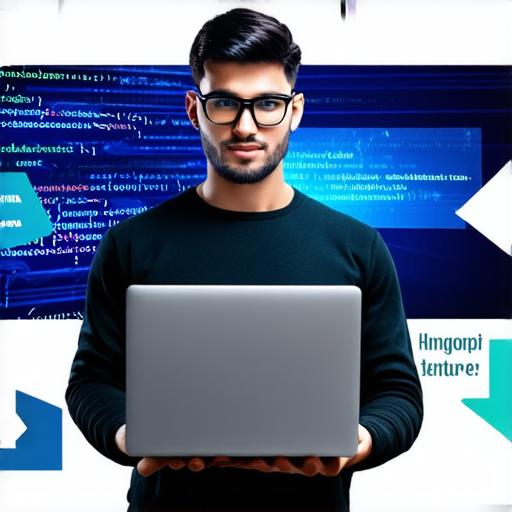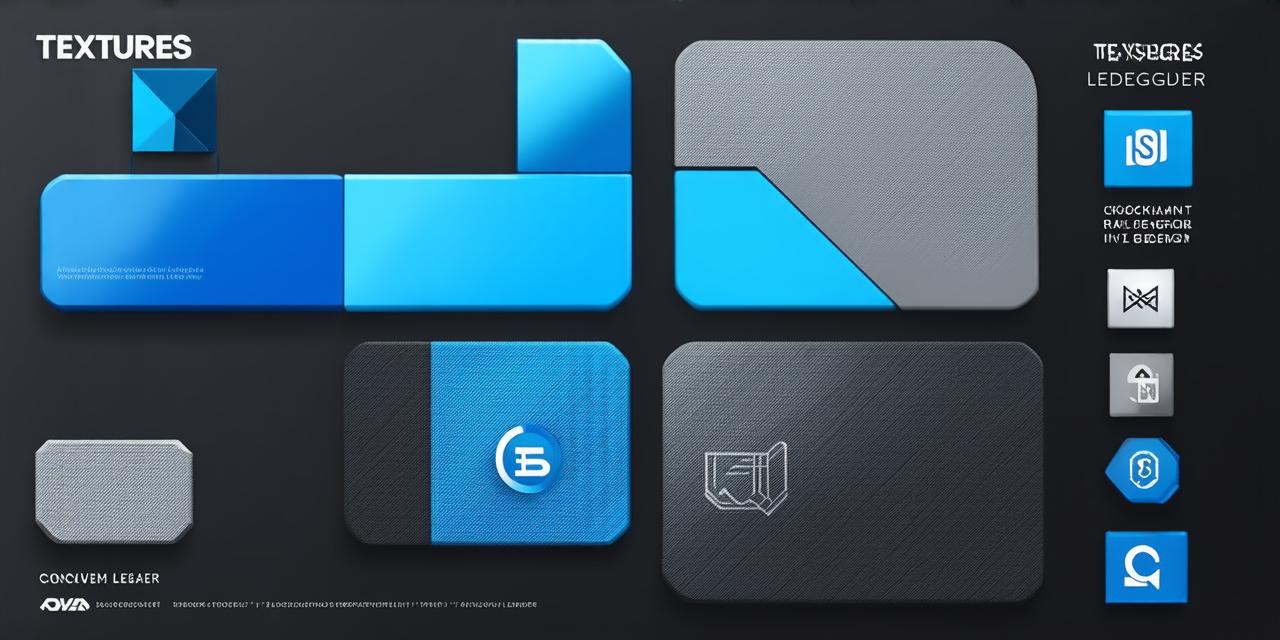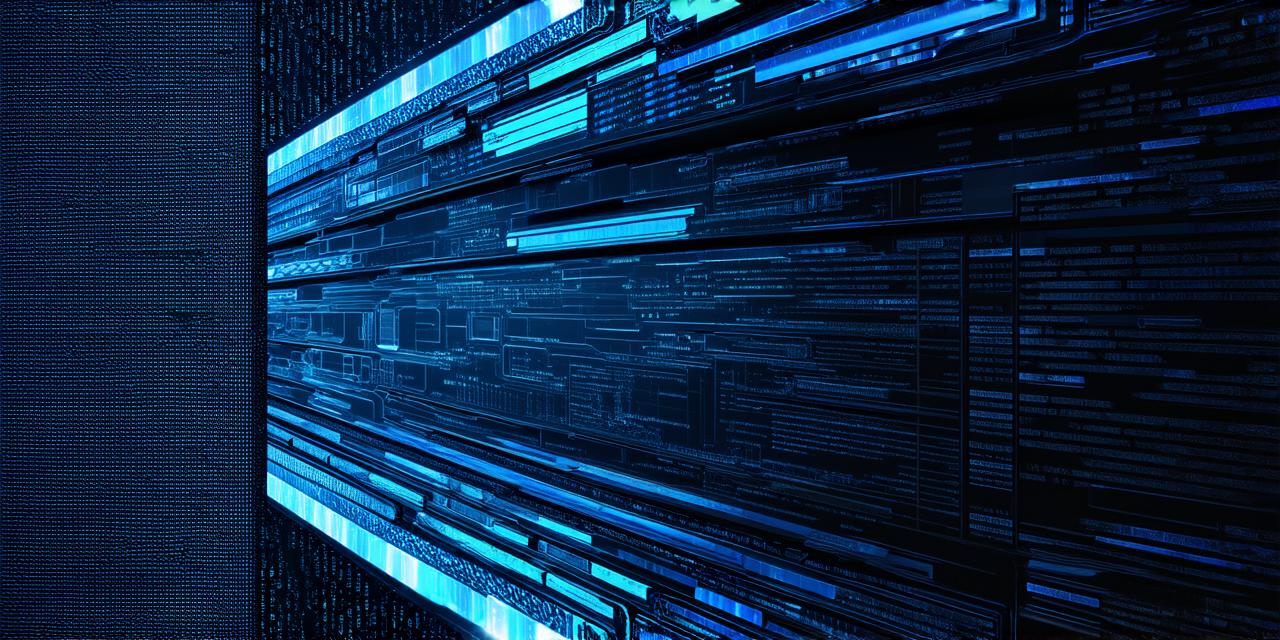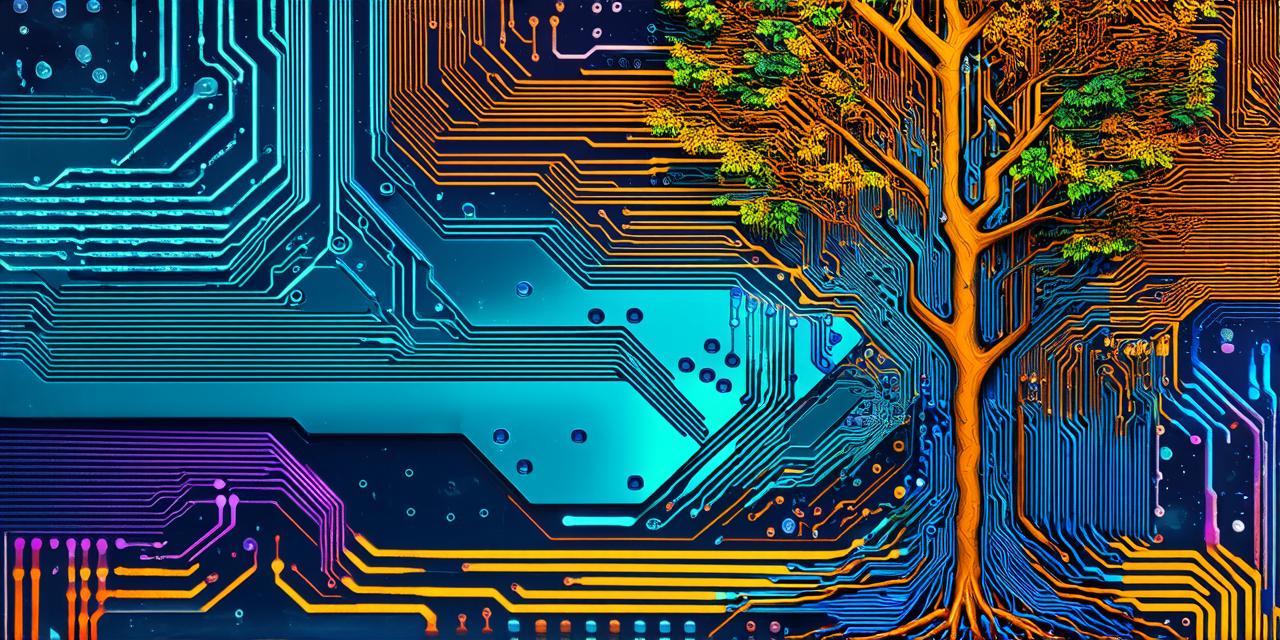Blockchain technology has taken the world by storm, and its popularity is only set to grow in the coming years. This decentralized, secure, and transparent technology is revolutionizing various industries, from finance and healthcare to supply chain management and beyond.
As a result, there is a high demand for skilled blockchain developers who can create innovative and robust solutions using this cutting-edge technology. In this article, we will guide you through the process of becoming a blockchain developer in 2022, including the necessary skills, education, and resources to help you succeed.
Skills Required to Become a Blockchain Developer
To become a blockchain developer, you need to have a strong foundation in computer science, programming languages, and cryptography. Here are some of the essential skills that you should possess:
- Programming Languages: You must be proficient in at least one programming language used in blockchain development, such as Solidity for Ethereum or Vyper for EOS. It is also beneficial to have experience with other popular languages like Python, Java, and C++.
- Cryptography: Understanding the principles of cryptography is crucial for developing secure blockchain applications. You should be familiar with concepts such as hashing, encryption, digital signatures, and public-key cryptography.
- Blockchain Technology: A solid understanding of the fundamentals of blockchain technology is essential for a successful career in this field. You should be able to explain how blockchains work, their benefits and drawbacks, and the different types of blockchain architectures available.
- Smart Contract Development: Smart contracts are self-executing programs that run on the blockchain. Knowledge of smart contract development using languages like Solidity or Vyper is a must for blockchain developers.
- Database Management: You should have experience with database management systems and be familiar with SQL and NoSQL databases. This skill is essential for storing and retrieving data in blockchain applications.
- DevOps Skills: As a blockchain developer, you will need to have experience with devOps tools and practices, such as continuous integration and deployment, infrastructure as code, and monitoring and logging.

Education and
Certifications
While there are no formal education requirements for becoming a blockchain developer, having a degree in computer science, information technology, or a related field can be beneficial. Here are some educational options that you can consider:
- Bachelor’s Degree in Computer Science: A bachelor’s degree in computer science with a focus on software engineering, programming languages, and cryptography is an excellent foundation for a career in blockchain development.
- Master’s Degree in Blockchain Technology: Several universities now offer master’s degrees in blockchain technology, which provide a more in-depth understanding of the field and its applications.
- Online Courses: There are many online courses available that cover various aspects of blockchain technology and development. These courses can be taken at your own pace and are often more affordable than traditional degree programs.
- Bootcamps: Bootcamps are intensive, immersive programs that provide students with the skills and knowledge necessary to become a blockchain developer in a short amount of time.
Certifications
While certifications are not mandatory for becoming a blockchain developer, they can be useful in demonstrating your expertise and knowledge in the field. Here are some popular certifications that you can consider:
- Certified Blockchain Developer (CBD): The CBD certification is offered by the International Association of Blockchain Developers and covers various aspects of blockchain development, including smart contract programming, cryptography, and database management.
- Oracle Certified Associate, Java SE 8 Programmer: While not specifically related to blockchain technology, having a Java certification can be beneficial for blockchain developers as many blockchain platforms use Java for their backend development.
Real-Life Examples of Successful Blockchain Developers
To give you an idea of what it takes to become a successful blockchain developer, here are some real-life examples of individuals who have made it in the field:



